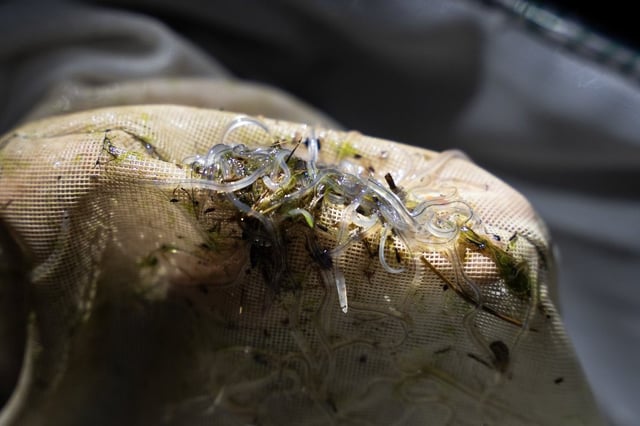Overview
- The Ottawa–KMK agreement grants eight Mi’kmaq First Nations 20% of the Maritime baby eel quota and exclusive access to certain rivers, causing discontent among commercial licence-holders who were not compensated.
- Some rivers, like Gold River, have experienced peaceful harvesting under the new communal, conservation-focused system grounded in the Mi’kmaq principle of Netukulimk.
- Certain Mi’kmaq communities, notably Sipeknekatik First Nation, reject the federal quota system, leading to enforcement actions, arrests, and ongoing tensions.
- Plummeting elver prices—from $5,000 to $1,500 per kilogram—have significantly reduced incomes for both Indigenous and commercial fishers.
- Efforts are underway to integrate KMK’s separate harvest tracking system with DFO’s federal monitoring system to improve oversight and traceability.
